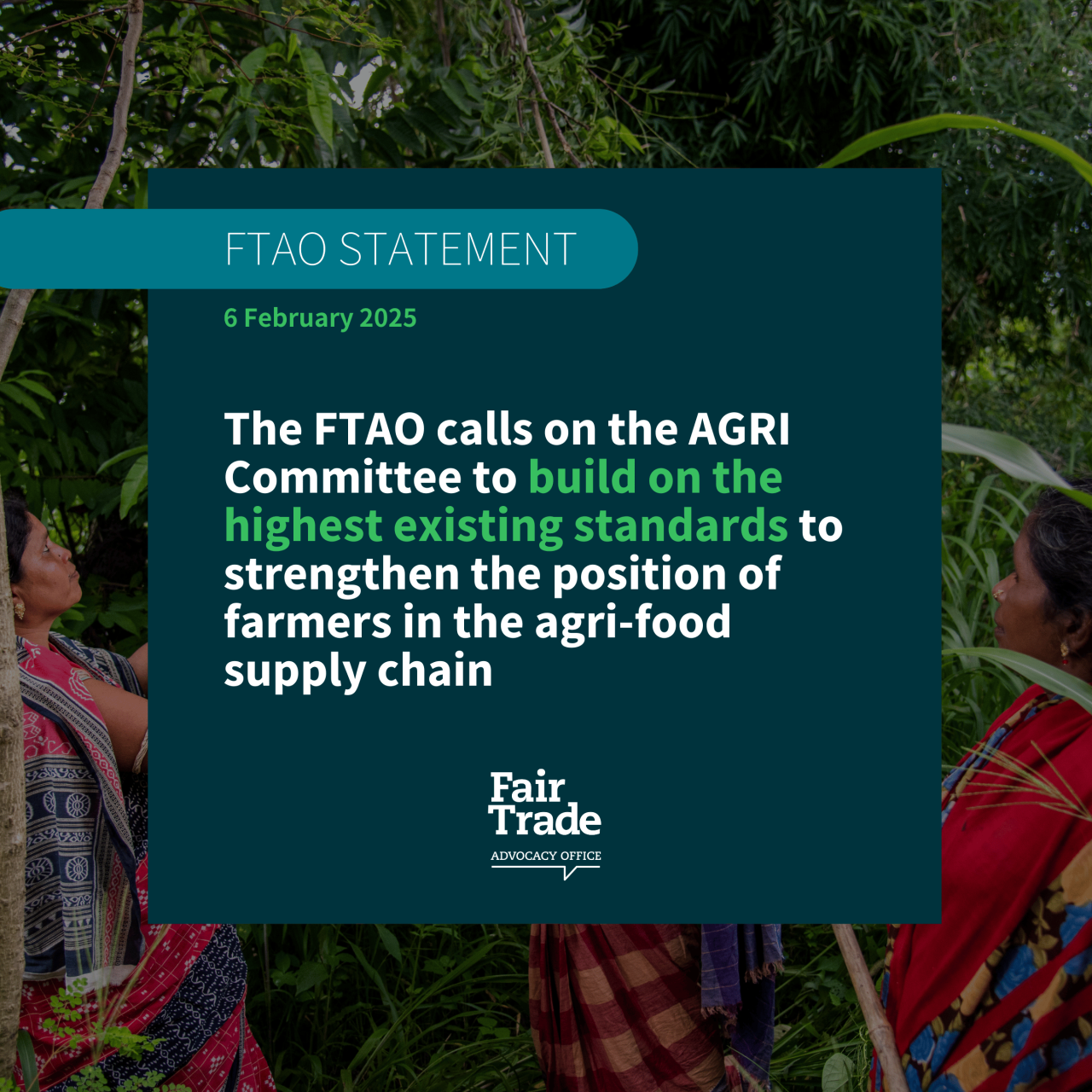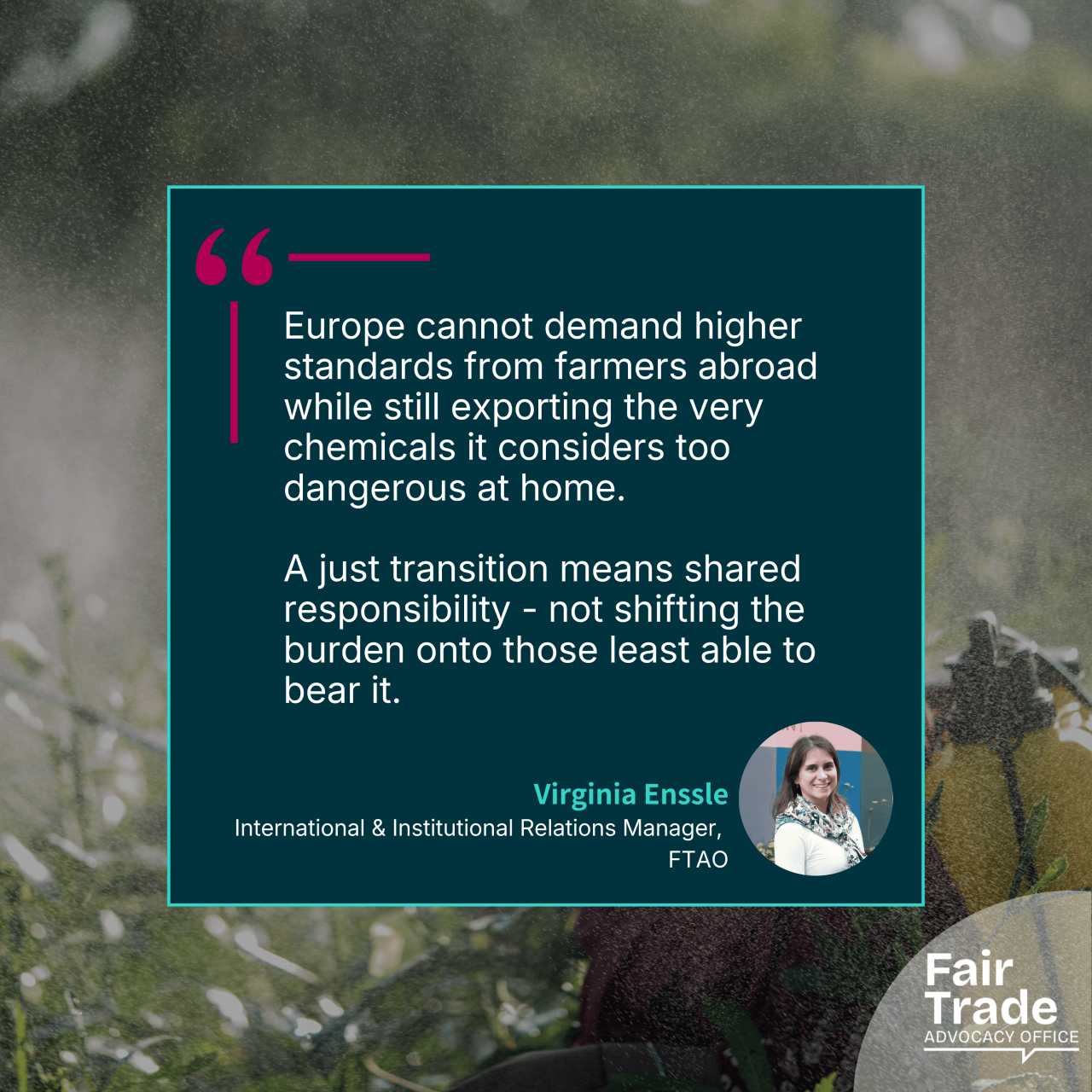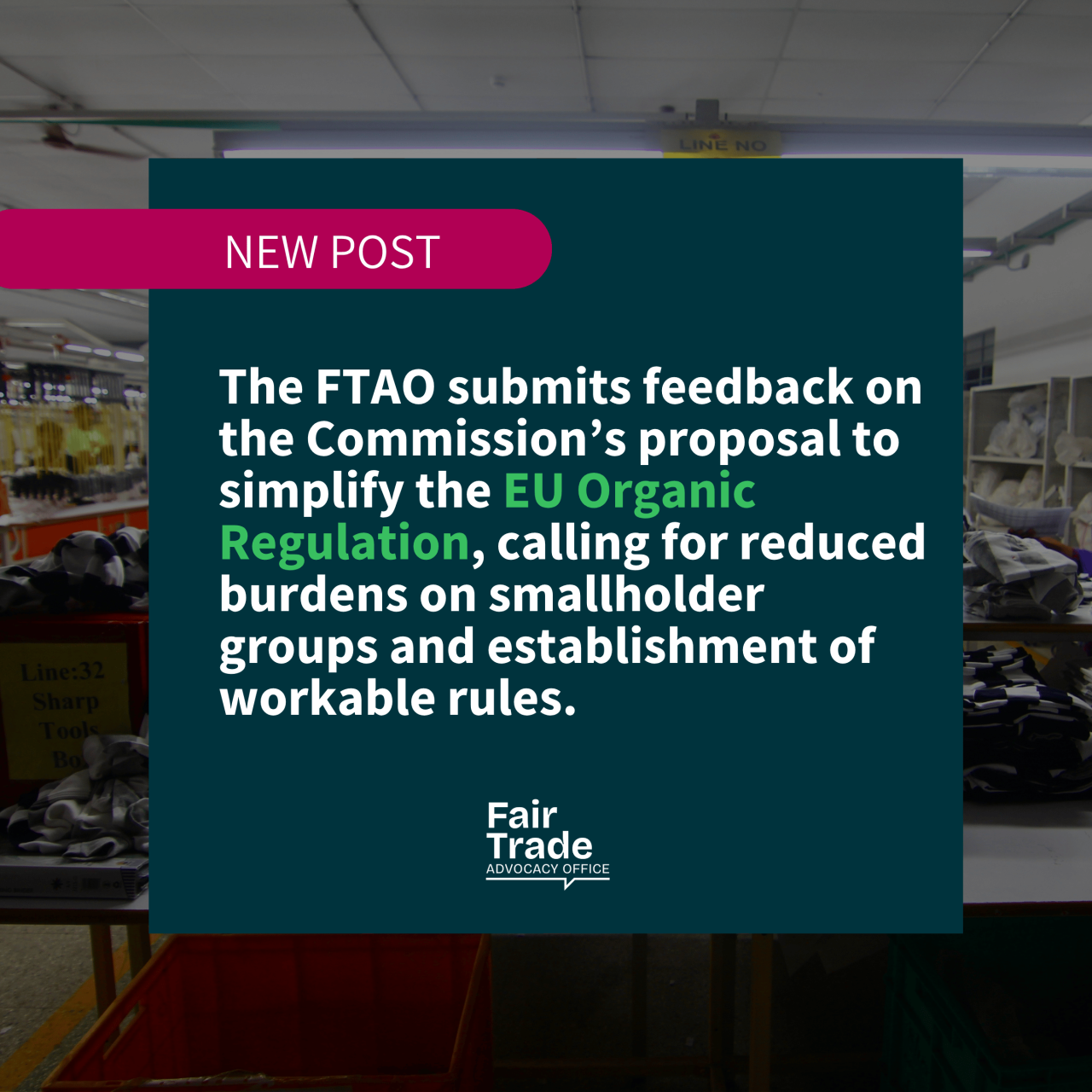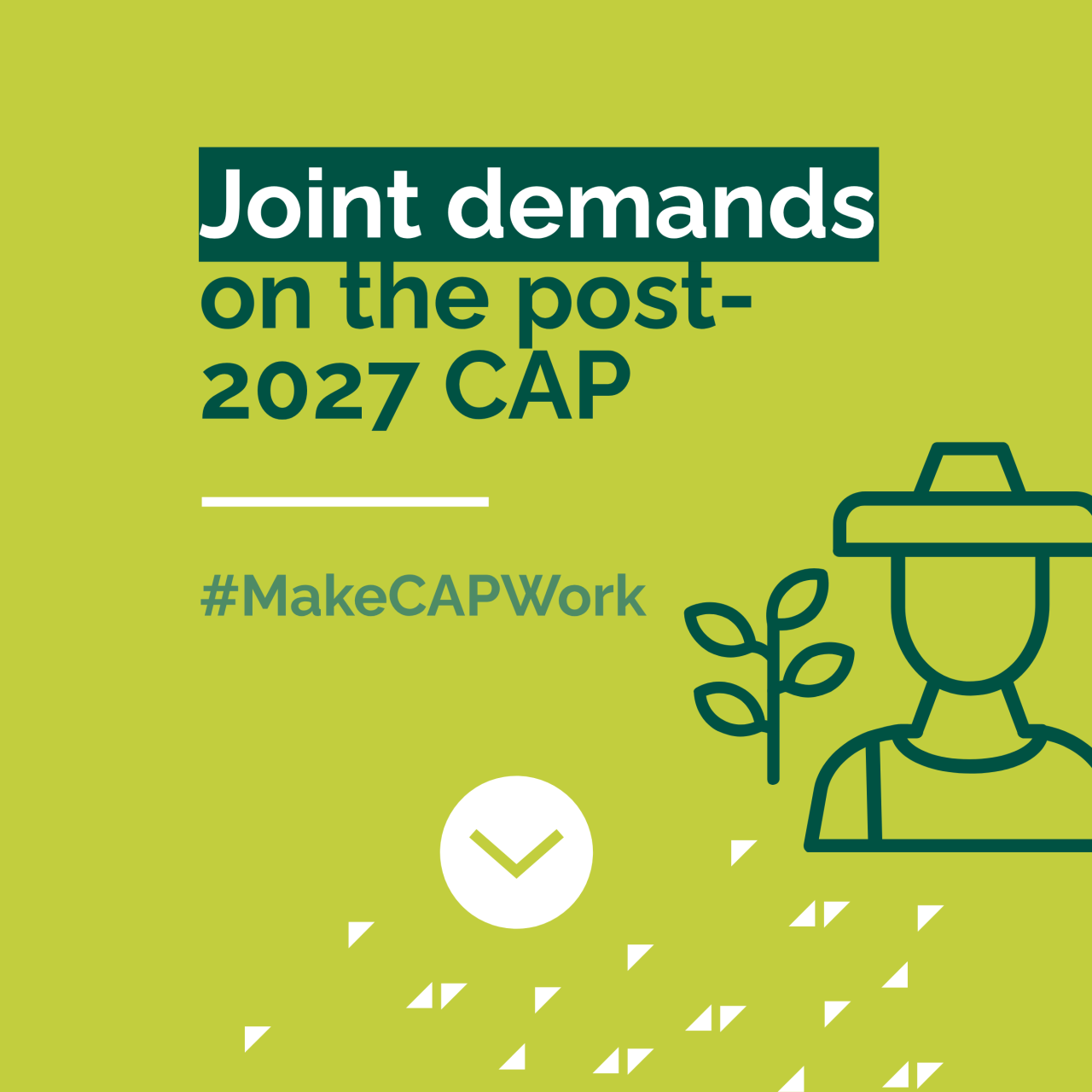The FTAO calls on the AGRI Committee to build on the highest existing standards to strengthen the position of farmers in the agri-food supply chain

The inclusion of these definitions introduces a critical new dimension to the CMO, which previously lacked such specifications. The FTAO welcomes the European Commission’s (EC) recognition of the best practices that the Fair Trade movement has implemented for decades. However, we call on Members of the European Parliament to ensure that, if adopted, Article 88a upholds the highest existing standards.
The Fair Trade movement has a long history of implementing schemes that guarantee fair conditions for supply chain actors. These include both labelling schemes that inform consumers about the terms of trade experienced by farmers, and guarantee systems that validate the business models of purpose-driven enterprises. The minimum prices and premiums set by these schemes, among other conditions, are based on scientifically robust methodologies aimed at improving farmers’ livelihoods.
The Fair Trade movement has collectively agreed on a set of common values and approaches, as outlined in the International Fair Trade Charter. The FTAO is concerned that, in its current form, Article 88a.1 on the use of the terms ‘fair’, ‘equitable’, or equivalents is overly vague, allowing virtually any supply chain actor to claim compliance. This lack of precision risks opening the door to ‘fairwashing’—misleading consumers and undermining the capacity of farmers to harvest the benefits of fair trade. If inadequately defined, the legislation could create a worse outcome than having no legislation at all. We, therefore, call on the AGRI Committee to strengthen the proposal so that it aligns with the high standards already practised by the Fair Trade movement and is fit for scaling up.
Furthermore, setting conditions for the use of these terms alone will not result, on its own, in meaningful benefits to farmers. The EU must complement these measures with targeted support for fair trade schemes, including promoting fair trade through public procurement rules, launching awareness-raising campaigns, and collaborating with Member States to explore differentiated VAT options, among other tools.
Learning from frontrunners: the French legislative framework
While fair trade schemes have traditionally focused on global value chains and transnational trade, recent years have seen a notable expansion of local fair trade initiatives within the EU. In many countries, these schemes have developed in the absence of a specific legislative framework, while in others, new laws have been introduced to regulate and protect them.
France provides an example of how legislation can effectively define and uphold fair trade standards. French law specifies a set of criteria that a scheme must fulfil to claim ‘fair trade’ status, offering more precise requirements than those currently proposed by the EC. These stringent criteria act as an effective safeguard against unambitious schemes misleading consumers and failing to secure better contractual terms for farmers.
Significantly, the French definition of ‘fair trade’ is universal: it applies to any product claiming to be ‘fair’, whether produced within the EU or imported. This inclusive approach has facilitated an expansion in sales of fairly produced goods, benefiting both EU-based and international farmers. The FTAO stresses that in a globalised agri-food supply chain, it is imperative to adopt a universal approach to Fair Trade terminology and its associated benefits. Only by establishing a level playing field can all market actors genuinely benefit.
Ensuring Robust Legislative Development
The FTAO welcomes DG AGRI’s efforts to engage with relevant stakeholders through targeted meetings, consultations, and research initiatives. However, we regret that this proposal is being processed under an urgent procedure without a full impact assessment or public consultation. While the Fair Trade movement acknowledges the urgency of addressing farmers’ weak position in the supply chain, we caution that a rushed process risks leaving loopholes and inconsistencies in the legislation.
In its proposal, the EC reserves the right to adopt implementing and delegated acts to refine the conditions under which a scheme may claim to be ‘fair’. This creates two potential risks: either these acts could be delayed, leading to harmful ambiguity due to a lack of clear definitions; or they could be developed without sufficient parliamentary scrutiny. Both scenarios would undermine the effectiveness of the legislation. To prevent this, the FTAO calls on co-legislators to ensure that key aspects—such as the specific criteria under Article 88a—are established with precision and legal certainty in the primary legislation, rather than relying on delegated or implementing acts. This approach is essential to ensuring that the final law upholds the highest standards and delivers tangible benefits to farmers.
The FTAO will remain engaged in this process and available to discuss concrete proposals with Members of the European Parliament.
Get in touch:
For more information, please contact Jorge Conesa, Managing Director at the Fair Trade Advocacy Office (FTAO), at conesa@fairtrade-advocacy.org
More From The Workstream

Fair Trade Movement calls on EU to adopt a just, global phase-out of Highly Hazardous Pesticides

The Fair Trade Movement welcomes amendments proposed by the European Commission to group certifications in the EU Organic Regulation

The FTAO's feedback on the European Commission's proposal for the simplification of the EU Organic Regulation
